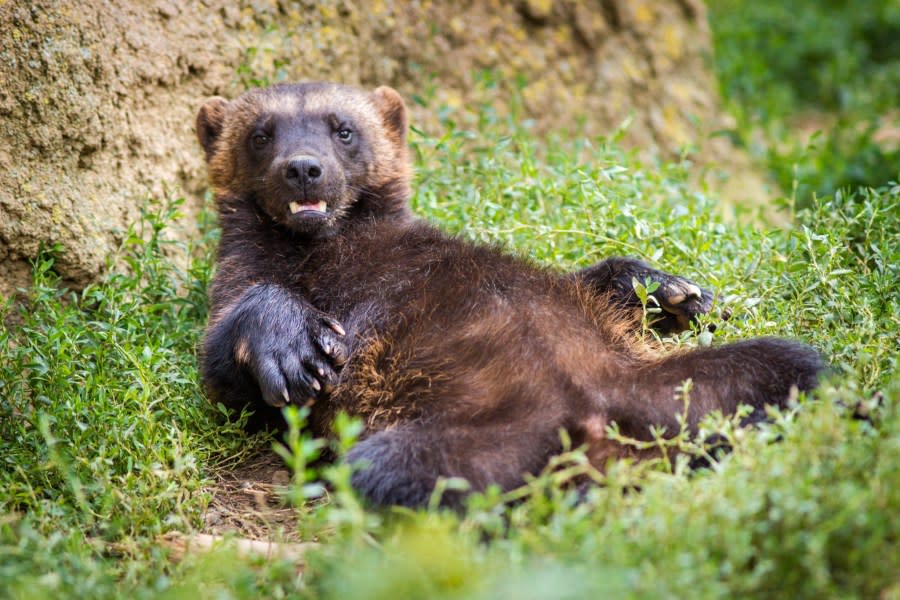Bill to reintroduce wolverines to Colorado advancing in legislature
DENVER (KDVR) — A bipartisan bill that would authorize Colorado Parks and Wildlife to reintroduce wolverines is advancing in the legislature.
“Our agency’s been working on this and thinking about this for decades,” said Jake Ivan, wildlife research scientist for the CPW office in Fort Collins.
After this summer, Mount Blue Sky Scenic Byway will close until 2026
The idea was presented back in the 1990s. CPW was releasing American lynx back into Colorado, and wolverines were supposed to be reintroduced at the same time. But back then, CPW decided to focus on the lynx and revisit wolverines later.
That opportunity came again in 2010 when conversations started up. CPW said they have been planning ever since.
“We’ve been working pretty hard on this version of the bill since last fall,” Ivan said. “Lots of meetings with interested stakeholders and folks like that. trying to get something together that everyone could sort of agree on was a good path forward.”
Wolverines once thrived in Colorado
According to Ivan, wolverines roamed the Colorado landscape about a century ago, when they were thriving.
“The reason they’re not here anymore is, we think at least, due to unregulated predator poisoning campaigns in the earlier part of the 20th century, late 19th century, and unregulated trapping,” Ivan said.
If the bill passes, it will take some time before the animals are on the ground in Colorado.
“There’s a requirement that we get a 10(j) in place before we do any sort of restoration, which means that Colorado needs to be designated as a nonessential experimental population before we put animals on the ground,” Ivan said, referring to a section in the federal Endangered Species Act.
$4.5M Hanging Lake trail renovation could impact your plan to visit this summer
There are also special provisions that need to be looked at and addressed.
“Coming up with a communications plan, for instance, stakeholders, there’s a compensation fund that needs to get put together … we don’t expect livestock depredation to be much of a risk at all, but we have that in there just in case … and a few other provisions like that,” Ivan said.
The wolverine lives at roughly 10,000 feet and is a relatively small mammal, somewhere around the size of a lynx and a large raccoon, with similar diets.
According to CPW: “Wolverines are opportunistic feeders and eat a variety of foods available in their harsh, alpine environment: small rodents, rabbits, porcupines, ground squirrels, marmots, birds and eggs, fish, carrion and plants.”
Wolverines not known to attack livestock, humans
Because of these factors, Ivan said the wolverine is not known to attack humans or livestock.
“No wolverine has ever attacked a human nor kids or pets or anything like that,” he said. “And even on the livestock front, you know, we’ve queried all of our counterparts in other western states where they have wolverines, and over the last 50 years or so there’s, like, two instances of livestock depredations in that entire period that involve wolverines.”
‘Nothing left’ of runaway semitruck after fire on I-70
In the meantime, Ivan said he hopes they can be introduced in a way that does not upset what is already here.
“We’re confident we can do that and wolverines can live in 21st century Colorado without upsetting the apple cart too much for all of these other industries that, you know, that currently exist here in the state,” Ivan said.
For the latest news, weather, sports, and streaming video, head to FOX31 Denver.


